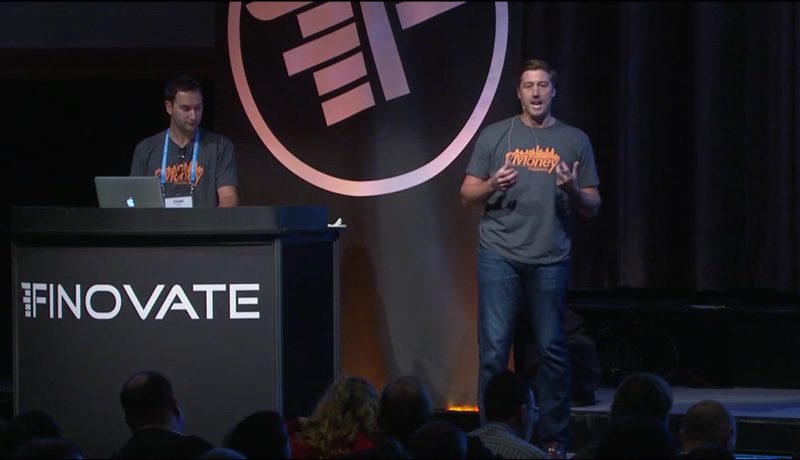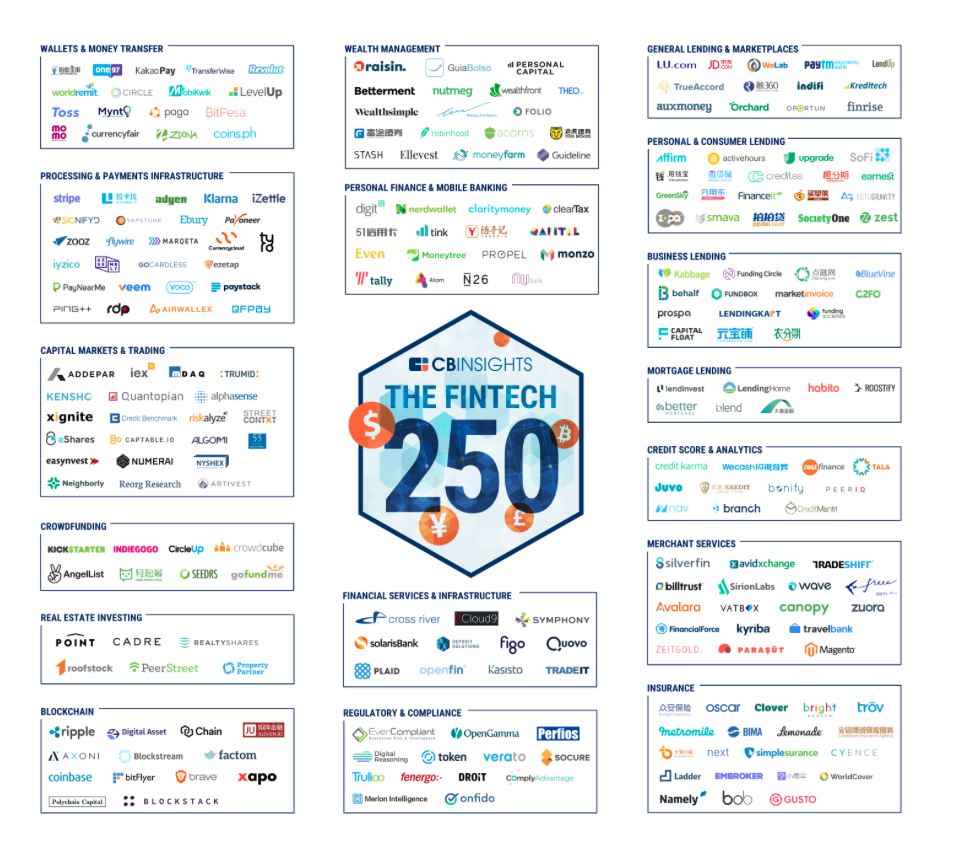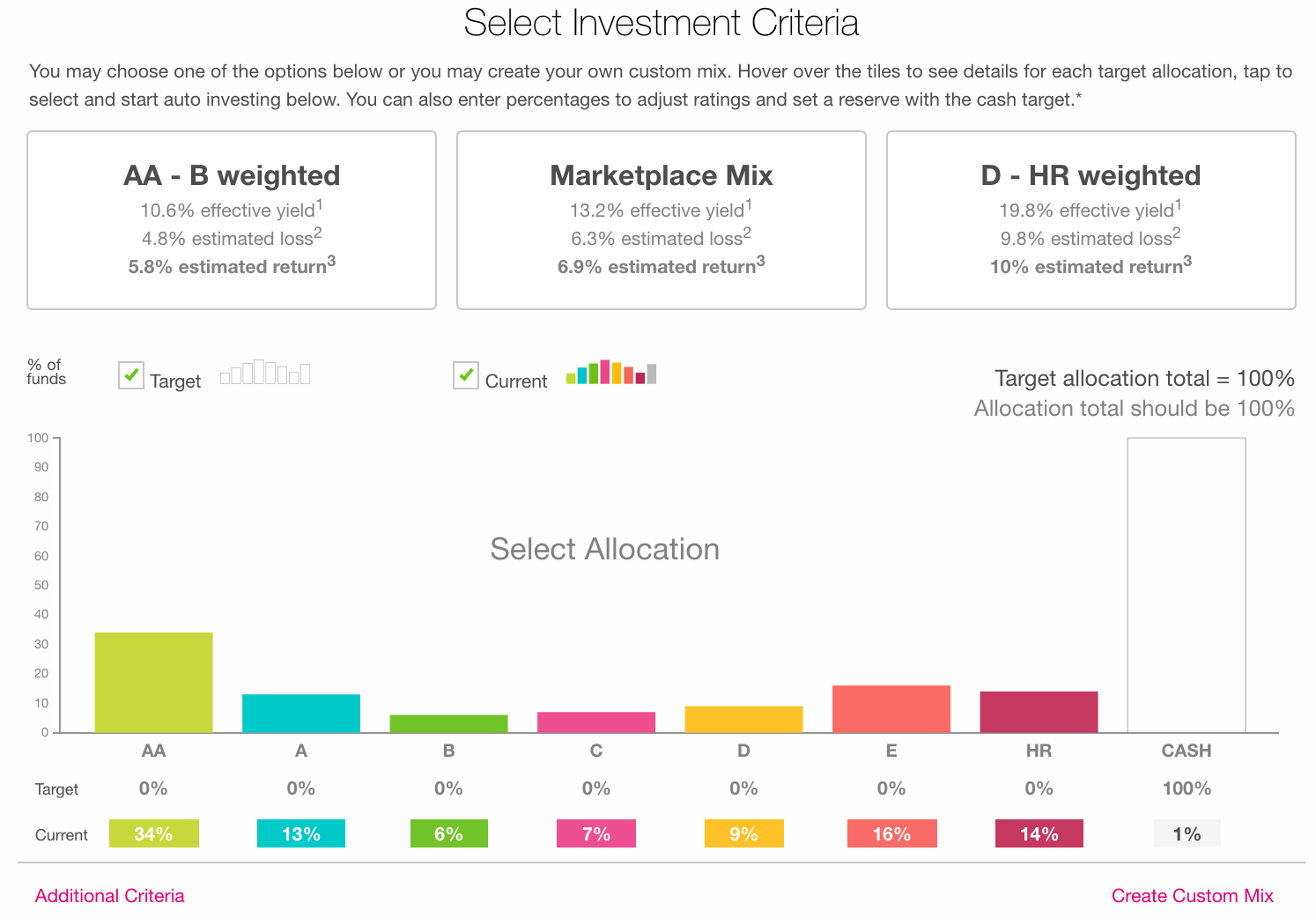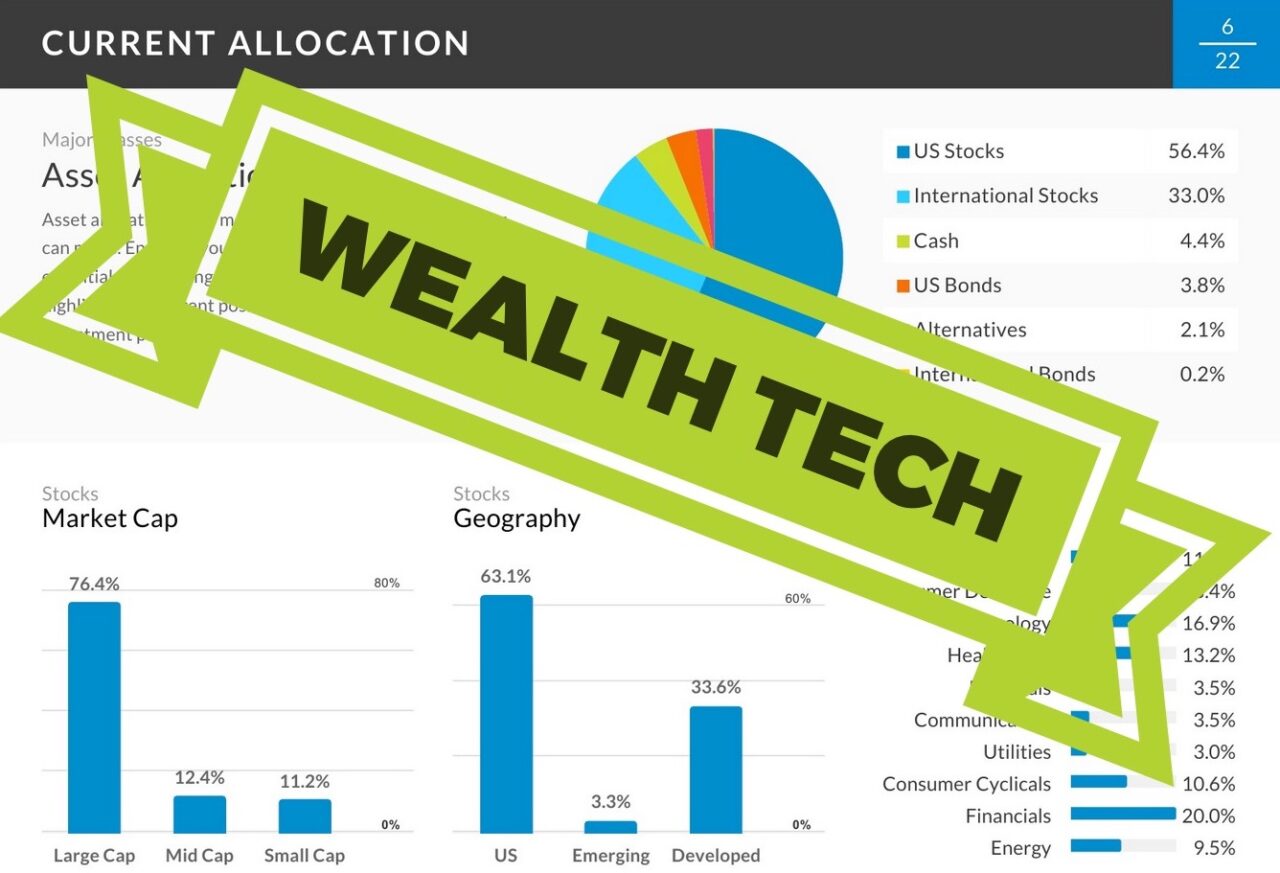
Wealth management technology provider eMoney Advisor, pictured here at FinovateFall, was acquired by Fidelity Investments in 2015 for $250 million.
With 2017 just around the corner, what trends are likely to drive innovations in wealth management technology, aka wealth tech?
The biggest potential regulatory change is the Department of Labor rule that financial planners must act as fiduciaries. The Trump election victory, accompanied by Republican control over both houses of Congress, may make this rule irrelevant. But most in the wealth management industry are nevertheless making preparations in the event the rule (announced this past spring and to be rolled out next spring) is kept. One concern with regard to the fiduciary rule specifically related to wealth tech is how fiduciary responsibility would work with robo-advisories. Can an automated investment platform determine conflicts of interest between the planner and client? What technological tools will be needed to give robo-advisory platforms this capacity? Maintaining fiduciary responsibility with a robotic investment platform suggests two potential scenarios: increasing use of human advisers in combination with automated technology, and deploying sentiment analysis technologies to better interpret nonverbal communication between planners and clients. Interestingly, both of these solutions are connected to other trends in wealth management, such as virtual meetings/conferences.
Use of virtual meetings
Virtual meetings will help wealth managers respond to a variety of issues, including better engagement and multichannel/channel-of-choice engagement. Virtual meetings could even help managers deal with greater fiduciary responsibilities. The channels can include everything from the use of Skype calls and video conferencing to more elaborate virtual meeting platforms such as those from Finovate alums like SuiteBox (F16) and SaleMove (F16). Both PwC and Deloitte have noticed the trend. “Multichannel delivery will become a strategy for delivering advice to clients in the most convenient, most efficient way possible based on each client’s particular needs at particular moments,” said PwC, in a recent look at wealth management technology trends. Deloitte noted that “new combinations of digital and human-based channels” are not just for millennials, saying that some gen-Xers and boomers “want to engage in new ways” as well.
According to a study conducted by Investment News/Cambridge, only 4% of advisers who responded currently list video conferencing as one of their communication methods, but 32% expect to rely on it more within five years. Douglas Boneparth, partner at Life and Wealth Planning, told Investment News, “I am seeing advisers, especially younger advisers, adapt to a more virtual and technologically savvy way of doing business. Advisers are focused on the level of service we provide and being accessible in more ways … virtual meetings is a great example of that.”
API-driven platform-ization
The ability to integrate financial data using APIs (Application Programming Interfaces) has been a huge boon for finance in general and wealth tech in specific. API use and adoption within wealth tech is especially strong where brokerage services are involved, (e.g., order-management system APIs). At a fundamental level, APIs enable linking multiple apps (portfolio management, document management, pricing systems); eliminate manual data entry; and limit mistakes during data transfer and update.
Marion Asnes of Broadridge Financial Solutions emphasized this last point. “Platforms must aggregate performance data across various institutions, and then, integrate planning, portfolio accounting, trading, reporting, and communications functions,” Asnes wrote for Investment News. “A wealth manager would need to aggregate performance data from all the various accounts in one place and base recommendations on that complete picture.” Writing in Quovo, John Horneff presented APIs also as an opportunity for managers to differentiate themselves, “leveraging new, innovative technology to break away from the pack and provide unique offerings.”

Stephane Dubois, CEO of Xignite, during his company’s demo at FinovateAsia 2016. Xignite serves more than one one trillion market data API calls a year.
Xignite (F16) founder and CEO Stephane Dubois says the most salient factors of robo-advisory are: “ETFs, Trading APIs, and Market Data APIs.” Dubois’ firm is an acknowledged leader in the latter. With clients that are a who’s who of wealth management innovators—think Betterment (F11); Motif Investing (F14); Personal Capital (F14); and TipRanks (F13)—Xignite launched its FintechRevolution API Ecosystem in 2015 in an effort to make financial APIs more available to startups.
Growing importance of platforms
Both digital storage and ensuring ready accessibility of data are two trends in wealth management that point to the growing importance of advisor platforms to help wealth managers to their work. This is clearly one area where technology is playing a major role, especially for those focusing on the “accessibility of data” issue. Quoted in Investment News, Overplays co-founder Abby Schneiderman said, “Having data all in one place is one more way advisers can serve their clients’ needs … . I think one thing advisers are looking for is singular places to house all of their client’s information: wishes, documents, investment accounts, etc. in one place.”
Innovations in wealth management and financial advice platforms enable better engagement. Innovative platforms can give advisers more “surface area” for conversation and engagement with their clients. A good example is Polly Portfolio (F16) that uses natural language technology to ask customers about their financial goals and economic outlook to personalize and, importantly, explain portfolio construction. Combined with API-delivery and the inclusion of functionality like video, innovations in platform design will be key to help managers and advisors take advantage of industry trends.
HNW clients and robo-advisory
As robo-advisory becomes both more sophisticated and more accepted, an increasing number of high net worth (HNW) individuals are taking the automated investment route for some part of their finances. Betterment’s Jon Stein says their largest customer has $10 million invested with the company. He adds that many HNW people are already investors, but are now upping their investment from 5% two years ago to 20% (Stein defines HNW as having assets above $500,000).
Catering to high net worth clients, according to some, involves both greater technological sophistication on the part of robo-advisors as well as more extensive customer service. Writing in the CBInsights Blog, the analysts noted that one criticism of robo-advisors is that the very wealthy might have “more complex investment needs and higher customer service expectations.”
Specifically, high net worth clients may require access to more complex investment vehicles, including non-equity investments, as well as more advanced rebalancing and tax harvesting than the average investor. Other services, such as helping HNW clients manage sizable amounts of cash a la MaxMyInterest (F14), would also help encourage more wealthy investors to allocate a portion of their assets to robo-advisors.

Herbert Moore and Jennifer Chin of WiseBanyan during their FinDEVr Silicon Valley debut. WiseBanyan is an independent robo-advisor that caters to millennials.
“Small data”
One large trend wherever clients and customers are involved is the role of small data, the kind of basic client data—demographics, for example—that can be very informative for the financial planner or wealth manager. In terms of increasing engagement, providing more accurate and personalized financial guidance, a little information about a client’s personal circumstances can go a long way.
In addition to providing better service to customers, small data can be the key to making a wealth management or financial planning business more efficient. Knowing which revenues are coming from new versus existing clients, for example, can help managers get the right products and services to the right customers. This is another area where innovators have produced platforms and software to help analyze client data and provide insights, often leveraging visualization technologies.
Robo-advisories: build or buy?
For financial institutions looking to provide wealth management services via robo-advisor, the question is whether to build or buy. While each approach has advantages and disadvantages, many FIs and brokerage firms have already decided:
Examples of firms that have gone the “roll your own” route include Fidelity with its Fidelity Go; Schwab with its Schwab Intelligent Portfolios; Vanguard with its Vanguard Personal Advisors Services; and E-Trade with its E-Trade Adaptive Portfolio.
But acquisitions have been a way for FIs to get up and running with robo-advisory service in a hurry. Some of the more notable recent acquisitions include Legg Mason’s purchase of Financial Guard (F13); Invesco PowerShares acquisition of Jemstep (F13); and Blackrock’s taking on FutureAdvisor (F13).
Other FIs are splitting the difference and instead seek partnerships with robo-advisors. The recent agreement and investment between Citizens Bank and SigFig to help the former build out a robo-advisory platform is an example of this approach.
Changing nature of advice
The growing capacity of robo-advisors to help manage other aspects of personal finance supports a more expansive view of wealth management and financial planning. This includes everything from health care planning, insurance, even real estate, education and leisure. The ability of technology to aggregate financial information is a major catalyst here, giving managers the ability to provide guidance beyond traditional boundaries.
Much of what is driving the changing nature of advice has to do with those being advised. The myriad and interconnected financial concerns affecting millennials—from managing student loan debt to starting a family—mean that financial planning beyond how to invest in a 401(k) is increasingly relevant and necessary. At the other end of the spectrum, active older adults in the “longevity economy” have financial issues that differ from those of seniors a generation ago who often had pensions and other financial support later in life.
This is where companies like iQuantifi (F14)—a self-described “proud robo-advisor” and virtual financial advisor—come in, with a platform that provides planning and guidance over a wide variety of topics, including insurance. Millennials are being catered to by wealth tech firms like WiseBanyan (FD16) while near and recent retirees can look to a company like True Link (F14), which specializes in financial planning for seniors.




 Prosper’s Auto Invest feature helps users take a “set it and forget it” approach to saving
Prosper’s Auto Invest feature helps users take a “set it and forget it” approach to saving



 SigFig has partnered with multiple banks, including Wells Fargo, Pershing, and Citizens Bank
SigFig has partnered with multiple banks, including Wells Fargo, Pershing, and Citizens Bank With Motif, uses invest in grouped stocks and ETFs that revolve around a common theme
With Motif, uses invest in grouped stocks and ETFs that revolve around a common theme TickerTags helps users discover trends even before they become news
TickerTags helps users discover trends even before they become news



